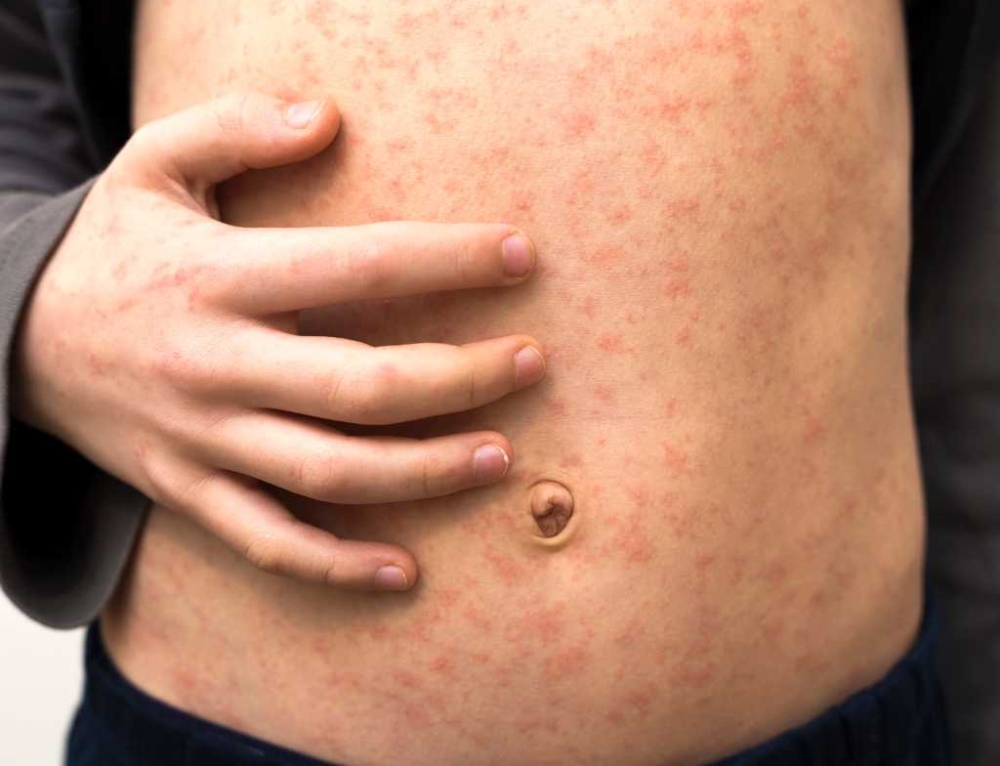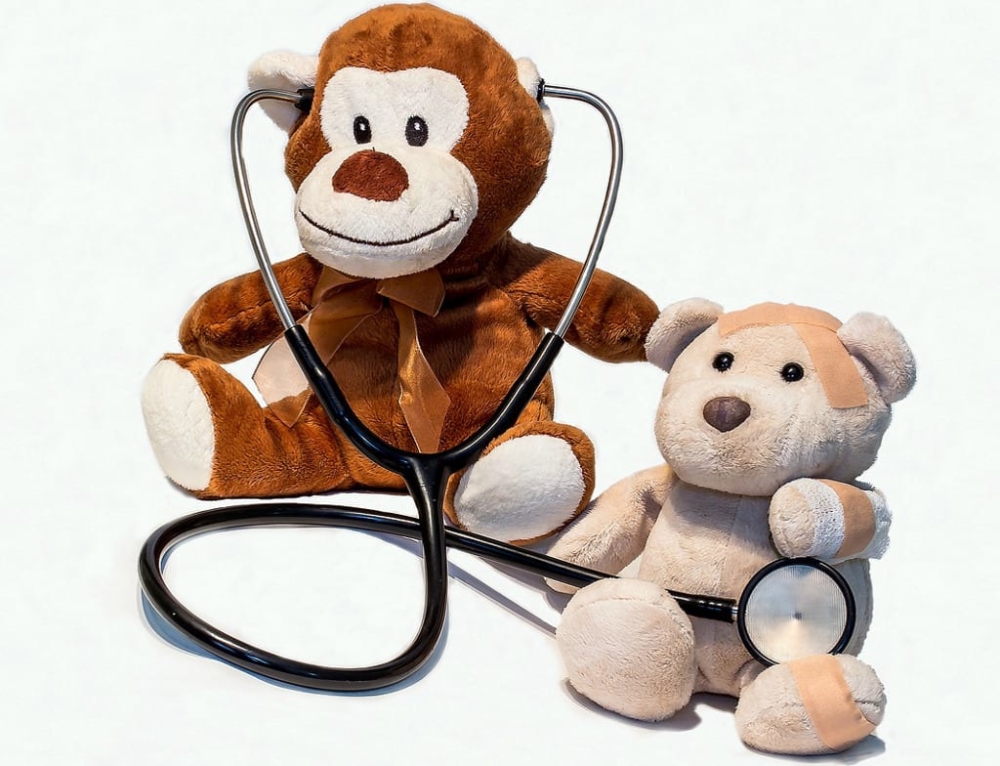Thrush can be the bane of a woman’s life – uncomfortable, irritating and plain unpleasant. Vaginal thrush is estimated to strike at least 75% of women at some stage in their lives – many women will have it several times and an unlucky few will have it over and over.
Luckily nowadays it’s easily self-treated with over-the-counter medications which are quick to work and easy to use. Nevertheless, it’s not a nice condition to have, so it’s helpful to know how to prevent it, what causes it and the best natural and medical treatments.
What is it vaginal thrush?
Vaginal thrush, also called candidiasis, occurs when the good bacteria that always hang out in that region of our body get outnumbered by the bad bacteria, a microscopic fungus called Candida albicans yeast, which generally lives in the intestinal tract.
Many factors, both lifestyle and hormonal, can interfere with the acid levels in the vagina and cause bacteria living naturally inside the vagina to grow more than usual and bring on an infection.
Well-known causes include:
- Taking antibiotics – these can promote the growth of yeasts
- Wearing tight-fitting pants and unbreathable synthetic fabrics
- Hormonal changes – many women can have bouts just before their period
- Bacteria spreading from the anus to the vaginal area
- Soaps and perfumed products
- Skin irritation cause by the friction of sexual intercourse
The symptoms of thrush
If you’ve had thrush before, you’ll know the signs if you get it again.
The common symptoms can include:
- An itching or burning sensation
- A thick, white discharge with a ‘cottage cheese’ appearance and, possibly, a yeasty smell
- Redness or swelling of the vagina or vulva
- Stinging or burning while urinating or during sex
- Splits in the genital skin
If you haven’t had thrush before but have the above symptoms, you may want to see your doctor so she can take a swab and find out whether it is actually thrush which is causing the discomfort.
Prevention and treatment
While medicine-based treatments available over the chemist counter without a script are very effective, particularly if used at the onset of symptoms, some women swear by more natural treatments. Here is a brief look at both options.
Drug-based treatments
- Antifungal creams or vaginal pessaries (tablets): These are inserted inside the vagina and are used from one to six days, depending on the instructions. Occasionally a second course of treatment is required.
- Oral tablets: These are taken orally (i.e. swallowed). Usually just one tablet is needed to clear symptoms within a couple days. The tablets can be combined with an external use cream to relieve itching and discomfort. Talk to your chemist about whether this is the best option for you as it is not recommended for pregnant women.
Natural treatments
Many natural treatments can double also as preventions. They include:
- Yoghurt: Increasing the amount of yoghurt in the diet or even applying it topically is a favourite home remedy and many women claim it has helped soothe symptoms. While it won’t hurt, this remedy is not backed by evidence – in fact, an Australian-based study found that yoghurt (or it’s special ingredient Lactobacillus) did not prevent women getting thrush or ease the symptoms.
- Taking probiotic supplements: Many health professionals continue to recommend these supplements, saying they can fight minor thrush outbreaks and prevent thrush. They often recommend women take them when they’re on a course of antibiotics.
- Apple cider vinegar: This has been promoted as another natural remedy because it creates a more acidic environment which the thrush-causing bacteria cannot survive in. NOTE! Do not apply undiluted to the area.
- Wait it out: It’s not unusual for thrush to clear up on its own within a week – although you may go mad from the symptoms by then.
Preventing thrush can be as simple as trying to avoid the causes. For example:
- Not wearing tight-fitting or synthetic pants and knickers
- Wiping your bottom from front to back
- Avoiding using soap-based products in your vaginal area
- Make sure your vagina is well lubricated when having sex
Could it be something else?
The symptoms of thrush are similar to those of other conditions. If the medicine-based treatments don’t work, or you have any other symptoms such as abnormal vaginal bleeding, lower abdominal pain, the discharge has a bad odour, or you develop any ulcers or sores in the area, you should visit your GP.
When thrush comes back again and again
About 5% of women have recurring thrush – that is more than four times a year. The causes can often be hormonal with many of these women getting thrush shortly before a period. Diabetes can also cause recurrent thrush.
While most women will be advised to self-treat each outbreak, it’s worth talking to a GP to work out if it is the type of thrush which can be treated by available medications, and whether it is being caused by any other underlying health conditions.






Leave A Comment
You must be logged in to post a comment.